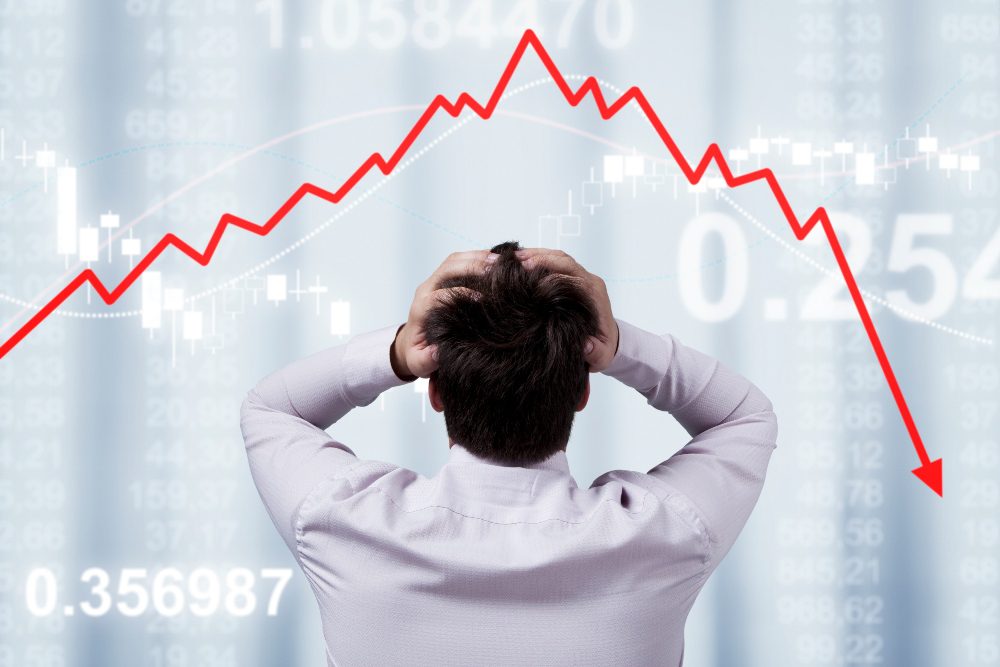Apparently, the past few weeks have been a roller coaster ride for global stock markets, with volatile trading and daily swings of several percentage points.
I hadn’t really paid much attention to these events, but that would have been a different story ten years ago.
I developed an interest in the stock market at an early age, influenced by my grandmother who was an enthusiastic, but notoriously poor stock picker. I started trading and following the markets regularly in college and would get excited by the highs and anxious when the market declined. I distinctly remember during the 2007 market crash being glued to the TV and feeling physically ill as the market dropped 700-800 points a day in September. I allowed it to negatively affect my work, my mindset and my interactions with others.
Shortly after, I made the decision to stop watching the market and shifted my investments to mutual funds. Later, I hired an investment advisor to make those decisions for me without any emotion or short-term bias. It was one of the best decisions I have made.
The stock market hasn’t changed, but my reaction to it has. The same goes for sports.
As a lifelong Boston sports fan, I’ve experienced both improbable victories and agonizing defeats (most of my childhood). Today, I enjoy the games and may get animated watching them, but I’ve trained myself to mentally walk away the minute they’re over.
If Tom Brady has a bad football game on Sunday, I can understand why he would want to think about it on Monday; it’s his job and life. But for me to do so? It’s a useless expenditure of energy. Yet I see others let professional sports affect them mentally for days or even weeks after a game. It’s self-defeating.
Walking away from playing the market and changing my reaction after a game is won or lost are both examples of improving emotional capacity, a critical skill high performers must learn to develop.
Emotional capacity relates to how we react to challenging situations and people as well as the quality of our relationships, which can either increase our energy or deplete it. The process of improving emotional capacity is challenging. It requires learning to actively manage your feelings and accepting a certain amount of uncertainty and unpredictability from both individuals and circumstances.
For example, consider two people who have a negative interaction with each other early in the day. The person with high emotional capacity is able to shrug it off, move past it and continue on with the priorities of their day. The person with a lower emotional capacity would be easily rattled by this interaction. It would likely consume, if not ruin, their entire day and affect their performance at work and at home.
They each experience the same event but allow it to impact them differently. That delta is the differing degrees of emotional capacity.
When dealing with people and circumstances that influence our mindset, high achievers see two options: walk away or change your reaction. While I was able to do this with the stock market and watching professional sports, I’ll be the first to admit that I have many other examples in my life where I am mindfully working to better apply these principles and continue to build my emotional capacity.
The key is to focus on what we can control (emotions and reactions), not the event or external forces. No one should believe they can control the stock market, sports games or unfortunate run-ins, but we each absolutely have the ability to choose how these events will impact us.
Quote of The Week
“Life is 10% what happens to you and 90% how you react to it.”
Charles R. Swindoll









